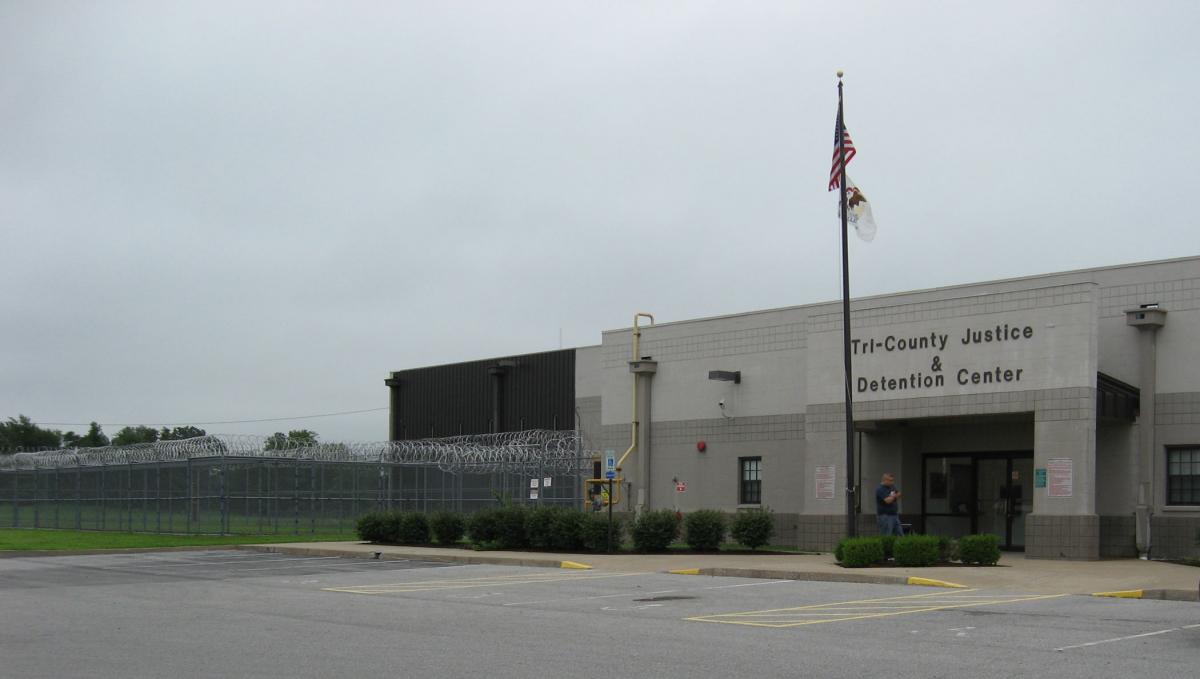Since large voter turnout among Latinos and other immigrant communities were credited last week for electing President Obama to a second term, politicians on both sides of the aisle have become more outspoken in favor of fixing the United States’ inept immigration system. Today the National Immigrant Justice Center and a national coalition of community leaders and advocates launched a campaign to ensure that reducing immigration detention is a part of any overhaul.
 Kicking off the Expose and Close campaign, members of the national Detention Watch Network have released an extensive report profiling 10 immigration detention jails across the country that must be closed. The report details human rights violations that occur at these jails, including physical and sexual violence, inadequate medical care, and isolation from family and legal help. These abuses are alarmingly common in the U.S. Immigration and Customs Enforcement (ICE) detention system. Immigration detention is punitive in every way and, for most detainees, identical to prison or jail even though its purpose is merely to ensure that immigrants appear at court hearings and abide by judges’ rulings. Each year more than 400,000 immigrants—including refugees, asylum seekers, mothers, and fathers—languish in ICE custody, locked up in county jails and private prisons for months and even years.
Kicking off the Expose and Close campaign, members of the national Detention Watch Network have released an extensive report profiling 10 immigration detention jails across the country that must be closed. The report details human rights violations that occur at these jails, including physical and sexual violence, inadequate medical care, and isolation from family and legal help. These abuses are alarmingly common in the U.S. Immigration and Customs Enforcement (ICE) detention system. Immigration detention is punitive in every way and, for most detainees, identical to prison or jail even though its purpose is merely to ensure that immigrants appear at court hearings and abide by judges’ rulings. Each year more than 400,000 immigrants—including refugees, asylum seekers, mothers, and fathers—languish in ICE custody, locked up in county jails and private prisons for months and even years.
NIJC nominated Tri-County Detention Center in Ullin, Illinois, to be one of the facilities targeted by the Expose and Close campaign and contributed to the report detailing some of the facility’s most serious problems. NIJC staff and volunteers visit Tri-County several times each year to give legal information presentations to detained immigrants and represent many immigrants detained at the jail. Our staff have gained an intimate understanding of Tri-County’s dysfunction.
 The first thing you notice about Tri-County, and one of its gravest faults, is its isolation. It is difficult for detained immigrants to contact legal counsel, and if they manage to do so it is equally hard for them to communicate with their attorneys. Tri-County is a six-hour drive from Chicago and NIJC, the nearest affordable legal aid organization with immigration expertise. The jail’s remoteness and its broken communications infrastructure effectively blocks immigrants from access to counsel.
The first thing you notice about Tri-County, and one of its gravest faults, is its isolation. It is difficult for detained immigrants to contact legal counsel, and if they manage to do so it is equally hard for them to communicate with their attorneys. Tri-County is a six-hour drive from Chicago and NIJC, the nearest affordable legal aid organization with immigration expertise. The jail’s remoteness and its broken communications infrastructure effectively blocks immigrants from access to counsel.
Senator Richard Durbin was particularly disturbed by detained immigrants’ lack of access to telephones at Tri-County. He visited the jail earlier this year to investigate and spoke with detained immigrants at the jail. “They repeatedly raised with me their concern about the inability to communicate with the outside world, including their family,” he said. Senator Durbin tried to use the phones at Tri-County only to find they were dead.
Throughout the years, NIJC’s clients have reported numerous cases of abuse and medical neglect at Tri-County. One client was repeatedly raped and even though he reported the attacks to ICE, it failed to investigate the abuse or file a report with local authorities. Another client was denied HIV treatment. Other immigrants held at the jail last year reported that overcrowding was so severe that people were forced to sleep on cots with their heads next to toilets that were still in use.
By failing to hold Tri-County Detention Center accountable to uphold immigrants’ basic rights, ICE allows continued abuse and mistreatment.
NIJC’s recommendations to ICE about steps it could take to improve conditions at Tri-County have repeatedly fallen on deaf ears. In January 2012, Senator Durbin also made detailed recommendations about improving communication at Tri-County so detained immigrants can maintain contact with their families, attorneys, and support systems. But, ICE has not addressed our concerns or implemented recommendations. At this point, we see no other option than to close the facility.
There are similar horrifying stories about the other jails targeted by the Expose and Close campaign and identical inaction on the part of ICE to improve conditions or stop abuse.
ICE must stop imprisoning people in facilities that violate their human rights. This goes for Tri-County and for the other nine facilities targeted by the Expose and Close campaign: Etowah County Detention Center (AL), Pinal County Jail (AZ), Houston Processing Center (TX), Polk County Jail (TX), Stewart Detention Center (GA), Irwin County Jail (GA), Hudson County Jail (NJ), Theo Lacy Jail (CA), and Baker County Jail (FL).

